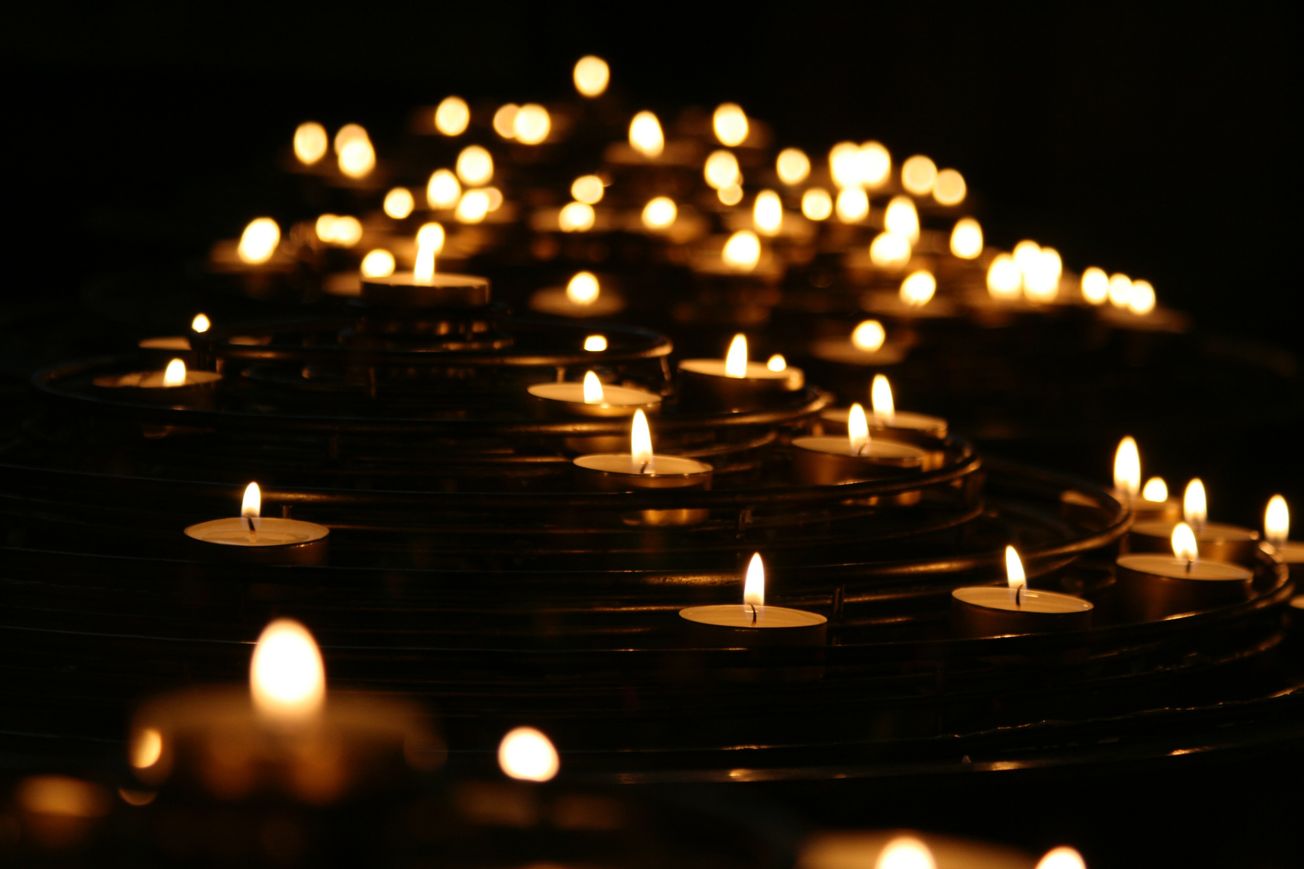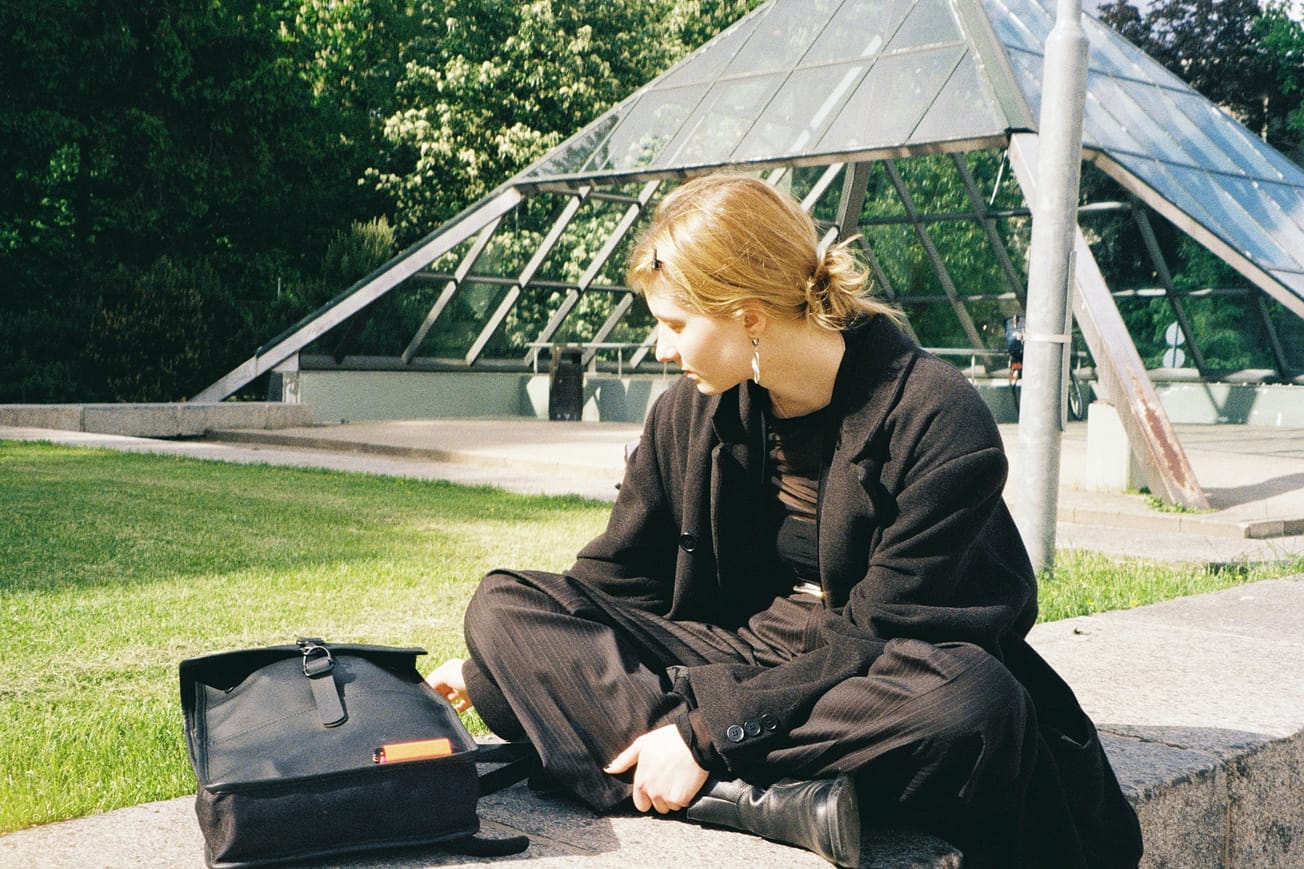By Leah Martindale, Third Year Film and Television
Third Year Film and Television student Leah Martindale discusses how to cope with grief.
CW: This article contains sensitive information about grieving.
Dealing with death is curiously lonely, considering it is widely understood to be the only inevitability of life. Whatever you predict to be the next step on, the loss of the person you knew in the time you knew them is like vertigo; all your senses are suddenly subject to forces that make no sense.
Recently I have started attending a bereavement counselling group with the Student Counselling Service. The stigma around struggling and unspoken ‘ums’ and ‘ahs’ accompanying the typical announcement that you are seeking mental health care seem to get lost on their way to conversations on grief. I psyched myself up to battle any misconceptions that may come my way, but have been met instead by half-sighs of recognition, or the bittersweet gratitude of friends who are lucky enough to not know my position.
The group is nice in many ways. As a young person it can be surprisingly hard to meet other people with similar experiences of grief, particularly people ready to speak candidly of it. While the group is obviously private, for all of our sakes, and while the Student Health Service has come under fire recently for failures in mental health, criticisms which I must agree wholeheartedly with, the service is amazing.
After only two sessions, widely unguided by the two counsellors in the room, I feel a weight lifted. The weight has, however, been replaced by another weight. The weight of suffering alone has been replaced by the weight of knowledge this feeling is vastly universal. If so many people can feel so similarly about so many different losses, I can’t help but fear that moving past this feeling will only inevitably be replaced by the same feeling in different circumstances.
We are here to support you if you are struggling to cope after the death of a loved one. Our National Helpline is open until 8pm tonight if you would like to speak to one of our bereavement supporters. The number is 0808 808 1677 https://t.co/07d5InZQvw pic.twitter.com/12z0CqSWMA
— Cruse Bereavement Care (@CruseCare) February 5, 2019
Some days grieving feels like drowning. An unexplainable, inescapable horror that swells and ebbs around you, and you can hardly breathe, let alone scream. Some days grieving feels like stepping in a puddle with a hole in your shoe. Not so much painful as a pain. You can walk around on it for a while and eventually you may forget it is even there.
The hardest part of seeking help for grief has been discovering there is no cure all. There is no proper way to grieve, no manual for mourning, and no discernable finish line. I’ve been two-stepping for months between a desperacy for this to end, and a fear that if one day I no longer feel this gut-dropping pain on my loved one’s memory then their legacy may not live on. The hardest part of seeking help for grief is having no answers to my fear, and coming to terms with the fact that there aren’t any.
The hardest part of seeking help for grief has been discovering there is no cure at all.
I’ve tried to find peace in countless places. Ultimately, I am blessed in my belief that there must be something more after this. Without an inherent trust that my loved ones are somewhere else, maybe better, maybe just different, this feeling may make me mad. That is not to say it hasn’t already.
Respite has come to me in the most simple of places. Submerged in the pool, with my very limited swimming ability the only thing keeping me afloat, I can clear my mind for an hour a day and focus on not drowning (physically and emotionally).
Watching shows and films that uplift me helps, and in fact, watching the deeply unsettling and upsetting Netflix Series of Unfortunate Events series has provided me a reprise that betrays its dubious quality. The candidness with which the characters and narrator speak of death makes it a soundbiteable narrative device, and for a few minutes a day I can imagine it to be a fictional entity.
#WednesdayWisdom Bereavement Tip: "Don't let others tell you how to grieve. Only you know your own feelings and needs."
— Cruse Bereavement Care (@CruseCare) January 30, 2019
For more tips visit: https://t.co/07d5InZQvw pic.twitter.com/csnCRvjjnv
In times of trouble, it is an understandable phenomenon that from the most illogical sources might spring some semblance of sense or normalcy. In some of my darkest times, the fictional author Lemony Snicket, pseudonym of Daniel Handler, provided me a greater respite than any well-meaning family or friends could wrangle.
‘It is a curious thing, the death of a loved one... It is like walking up the stairs to your bedroom in the dark, and thinking there is one more stair than there is. Your foot falls down, through the air, and there is a sickly moment of dark surprise as you try and re-adjust the way you thought of things.’ (Lemony Snicket, Horseradish: Bitter Truths You Can’t Avoid)
Music is widely touted as the people’s refuse. Listening to my loved one’s surprisingly upbeat burial song, as morbid as it may seem on the face of it, gives me a boost in my low moments. I can sing and I can dance and I can thrash around and I can do it all for them, without a tear in sight.
At the end of the day, the greatest comfort I can find is in making my life the best it can be. In their honour, in their memory, but not in their place. Life is not about replacing each other, but remembering. Talking about our memories, our experiences, and our grief, are truly the best ways to get through grief, and to live our lives. That is the best I can do.
Featured Image: Epigram / Mike Labrum
Want more information regarding grief? Click here to find out more.









